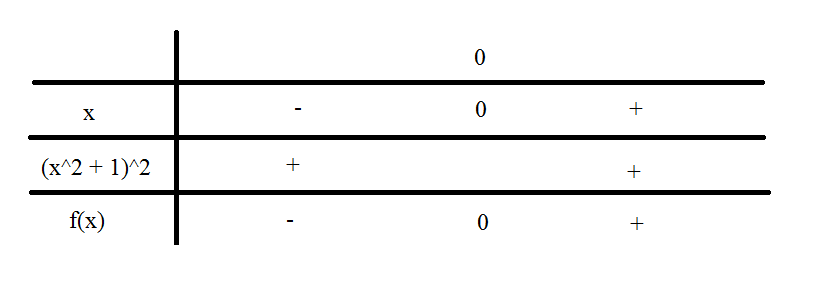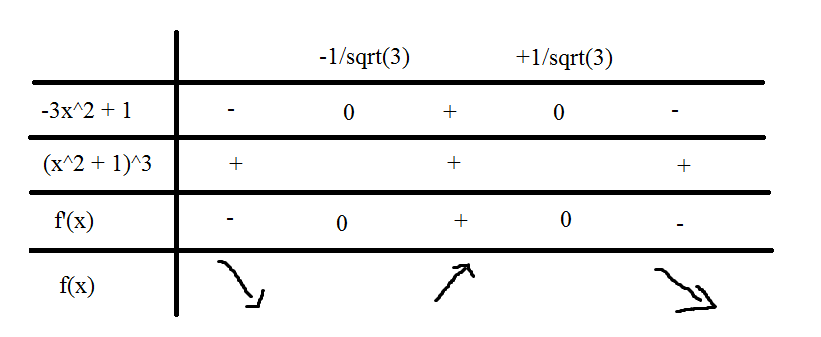How do you use the integral test to determine whether the following series converge of diverge #sum n/((n^2+1)^2)# from n=1 to infinity? Thanks for the help !!! I have no idea on how to do these questions?
2 Answers
The series converges.
Explanation:
Let
In order to use the intergral test,
Let's study the sign of

Let's study the slope of
To find the derivative of

We want to use the integral test for n=1 to infinity. Since
To find the integral of
The series converges if
The series converges.
The integral test just says, basically:
By taking the integral of a positive, decreasing function
So, integrate
Let:
The integral is finite, and therefore the series converges (
This is really just using the idea that an integral over an interval is just the accumulation of an infinite number of thin intervals


